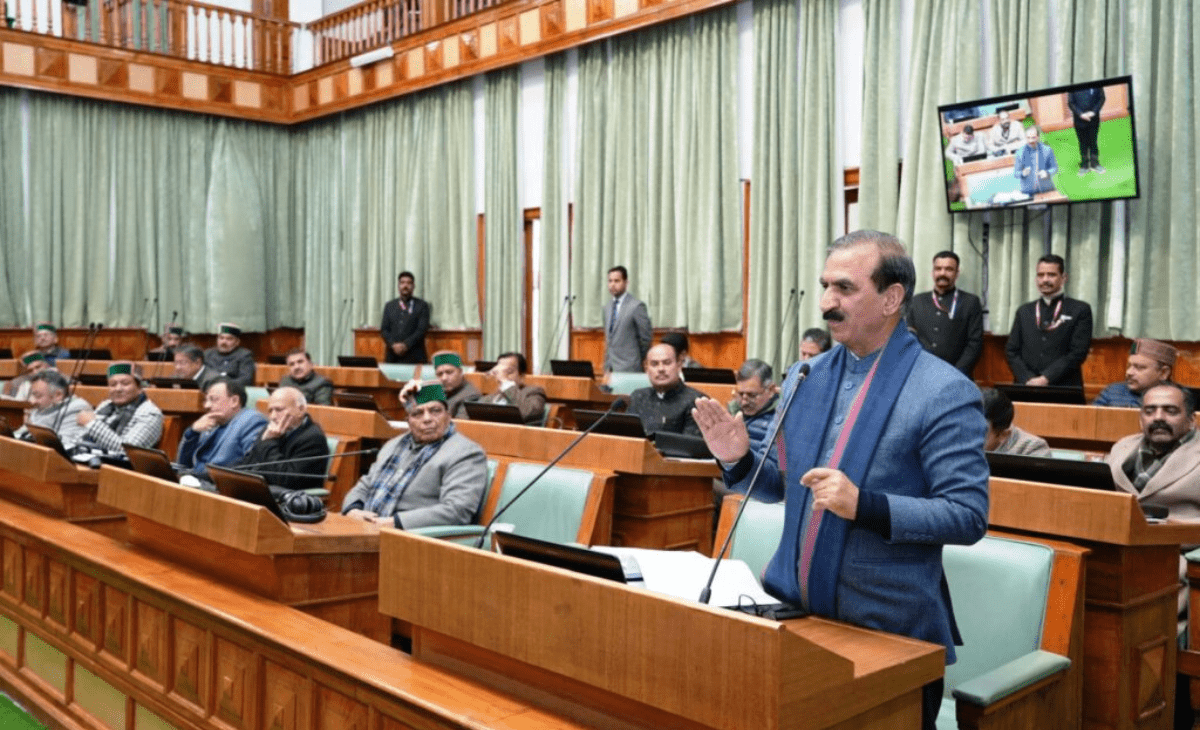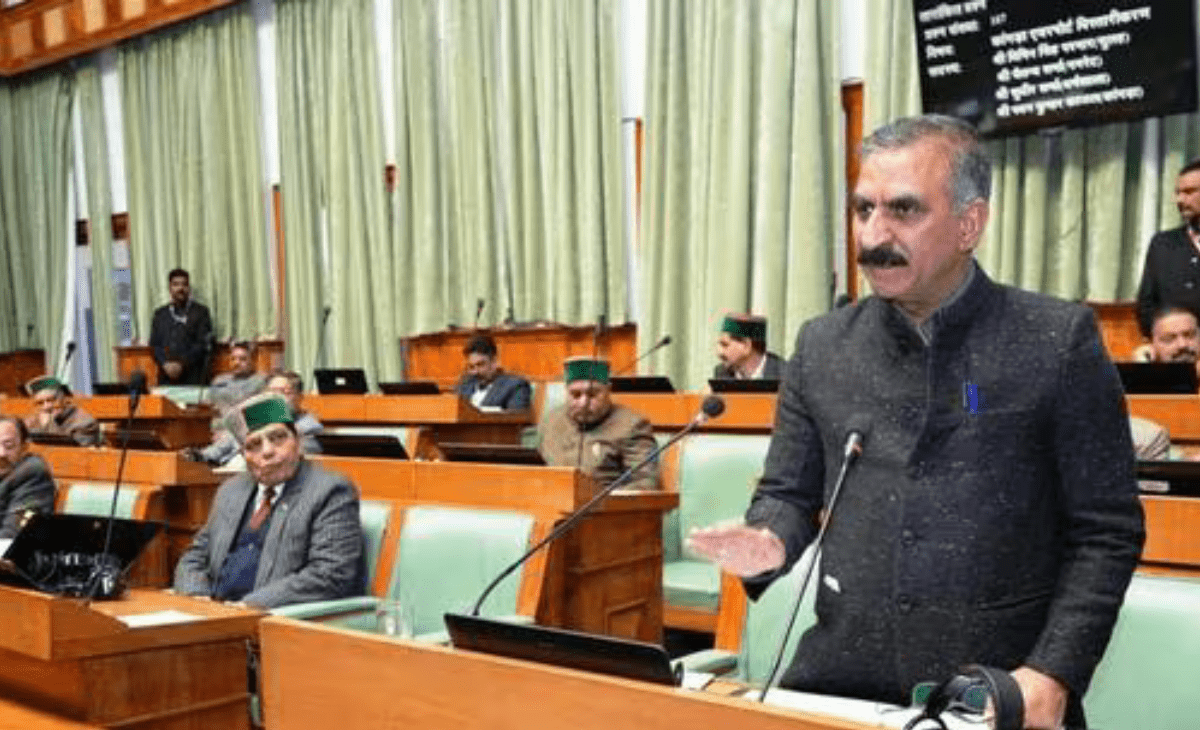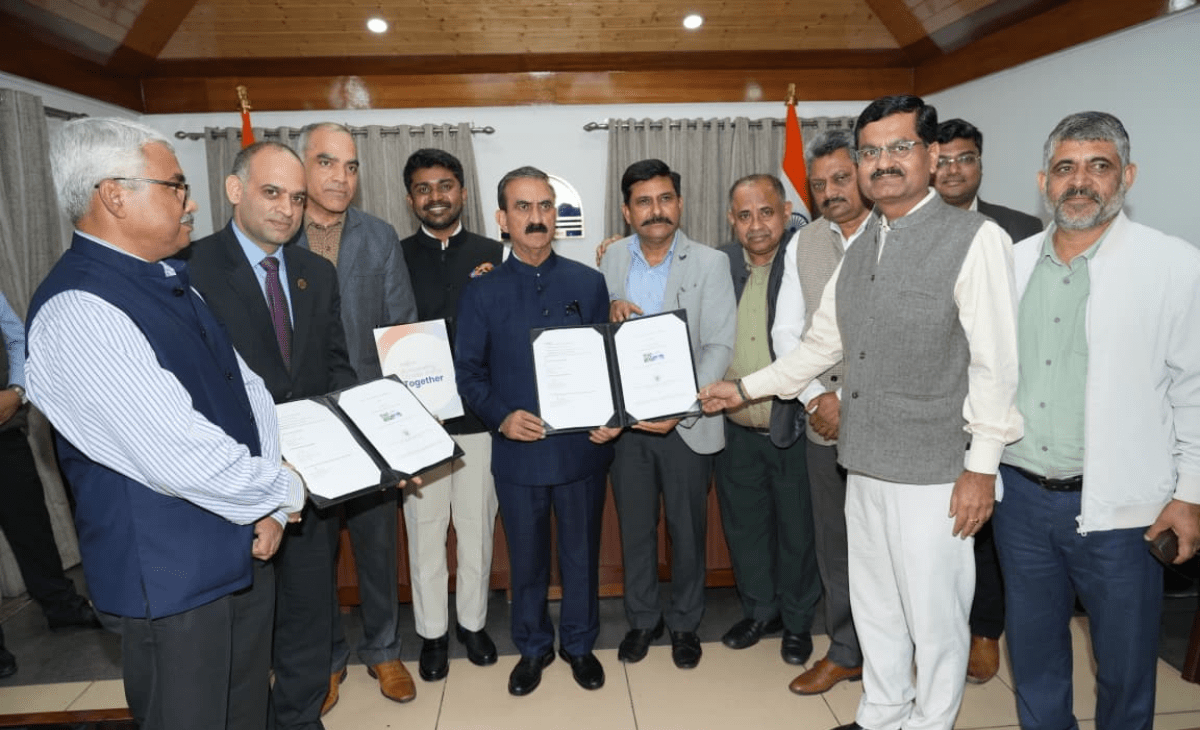TNR News Network
Shimla:
The Himachal Pradesh Assembly has passed the Public Utility Prohibition Bill through a voice vote, marking a significant step toward safeguarding government and public infrastructure from private interference. Once notified, the bill will become law and aims to curb the increasing trend of landowners obstructing essential public utilities.
Under the new legislation, any individual found disrupting public utility infrastructure could face imprisonment for up to six months and a fine ranging from Rs 2,000 to Rs 10,000. The bill was introduced in the House by Education Minister Rohit Thakur in the absence of Revenue Minister Jagat Singh Negi. Thakur had also tabled the bill in the Assembly last Friday.
The bill was necessitated by a growing number of disputes involving roads, irrigation channels, drinking water schemes and other public infrastructure built on private land. In many cases, the land was either donated informally or its use was agreed upon through written or verbal understandings between the landowners and government agencies. However, with rising land prices, some landowners have begun staking claims over these properties, threatening public access and services.
“The bill is designed to prevent individuals or entities from interfering with utilities created in public interest,” the government said, adding that many of these projects were funded either by the state or from public contributions. The legislation is expected to bring clarity and legal protection to public infrastructure that has long operated in a grey area of land ownership.
Civil courts barred from intervening
One of the most significant provisions in the bill is that civil courts will not have jurisdiction over matters arising under this legislation. Instead, such cases will be heard and decided by the District Collector, and appeals can be filed before the Financial Commissioner within 30 days of the order.
The law also makes defiance of official orders punishable, with legal consequences for damaging or altering public utility structures. The government has termed this measure essential to ensure uninterrupted access to key services, particularly in rural and semi-urban areas where land titles and usage agreements are often informal.
Panchayati Raj Act also set for overhaul
In addition to the Public Utility Bill, the Assembly also witnessed the tabling of the Panchayati Raj (Amendment) Bill, 2025, by Industry Minister Harshvardhan Chauhan, standing in for Panchayati Raj Minister Anirudh Singh.
The proposed amendment seeks to align the Panchayati Raj Act with the Centre’s new criminal code. The Union Government has already replaced the Indian Penal Code (IPC), Code of Criminal Procedure (CrPC) and Indian Evidence Act with the Bharatiya Nyaya Sanhita (BNS), Bharatiya Nagrik Suraksha Sanhita and Bharatiya Sakshya Adhiniyam.
Himachal’s Panchayati Raj law will now be updated to incorporate the relevant provisions of the BNS, bringing local governance in line with the national legal framework.





